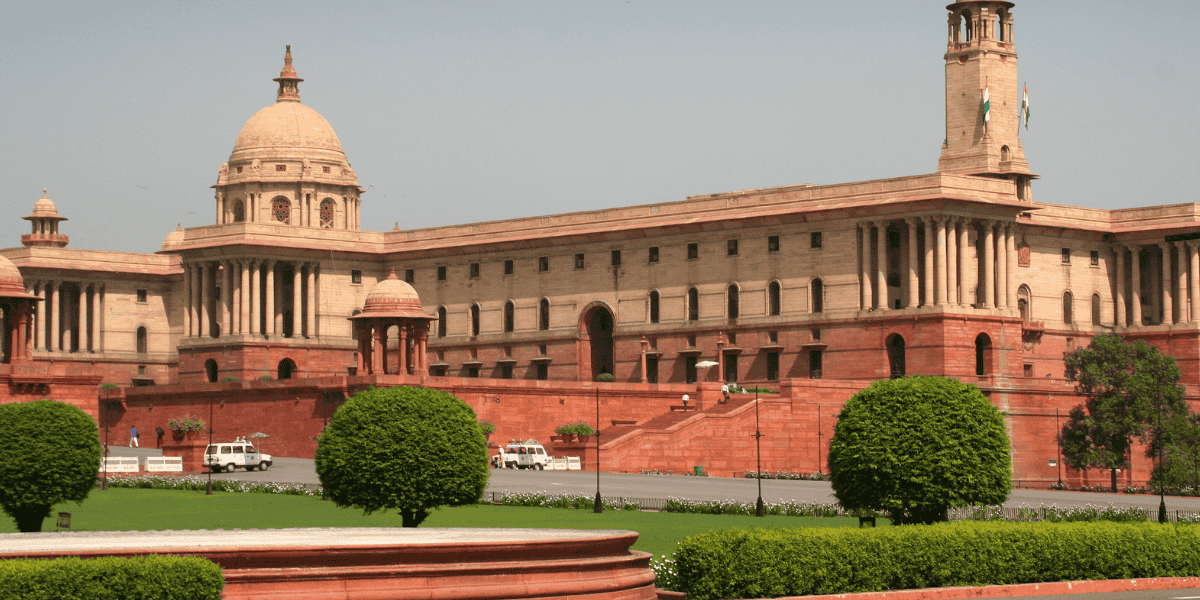The Goods and Services Tax (GST) Council approved several compliance measures in its 53rd meeting on 22 June, 2024, aiming to reduce tax litigation and enhance business operations.
The Council waived interest and penalty for tax demand notices issued for the financial years 2017-18, 2018-19, and 2019-20. This waiver applies to cases where the full tax amount is paid by 31 March 2025, but does not cover wilful defaulters.
Finance Minister Nirmala Sitharaman, who chaired the meeting, said “This will benefit MSMEs, traders, and taxpayers.”
The council approved the PAN-India implementation of biometric-based registration to eliminate fake registrations and credits.
An amendment in the Central GST Act under Section 11A was also approved, allowing the centre and states to waive GST not paid due to legal ambiguities or consistent business practices. This amendment impacts sectors such as online gaming, foreign airlines, and shipping companies.
To reduce litigation, the council set monetary limits for appeals: INR 20 lakh for the GST Appellate Tribunal, INR one crore for the High Court, and INR two crore for the Supreme Court. The pre-deposit required for filing appeals under GST are also reduced.
Certain services by Indian Railways and intra-railway supplies, as well as student accommodation services up to INR 20,000 per month for stays up to 90 days, are exempted from GST.
The council clarified that a corporate guarantee of 1% on 18% is exempt for businesses with full input tax credit.
“We are aiming for reduced compliance requirements. I want to clarify that the Central GST is not issuing notices indiscriminately, as we are often questioned about the volume of notices. As of 31 December 2023, only 1.96% of all active tax assessees have received any notice from the Central GST,” added Sitharaman















